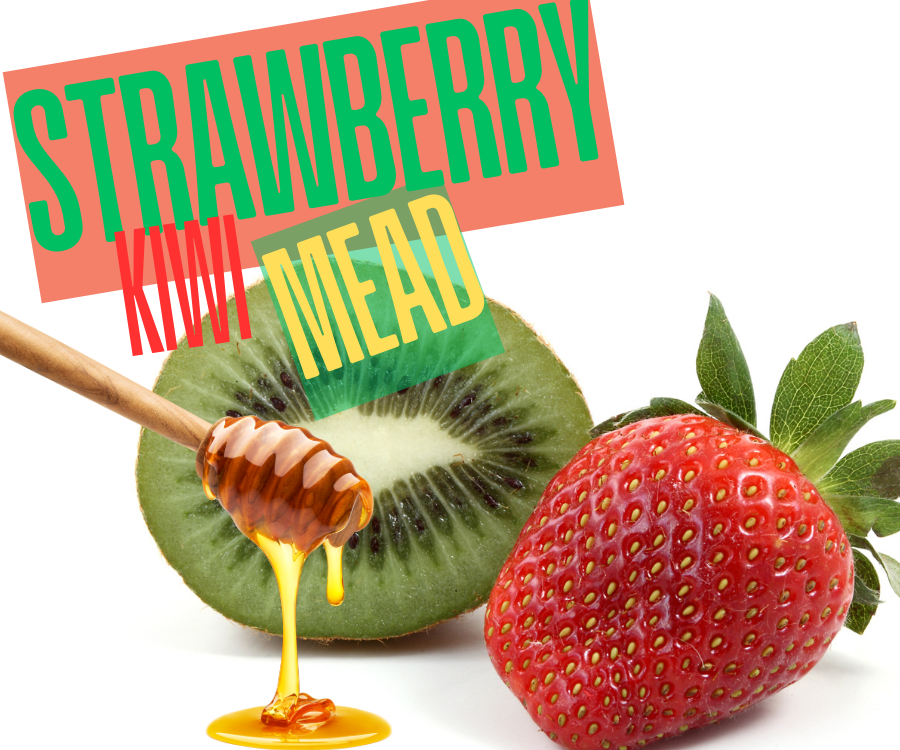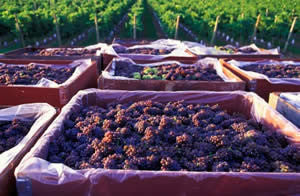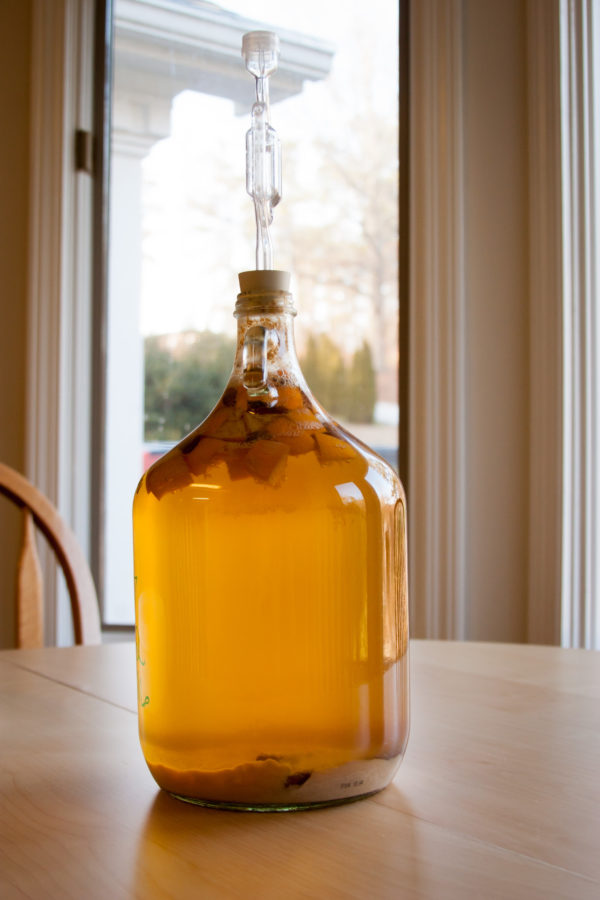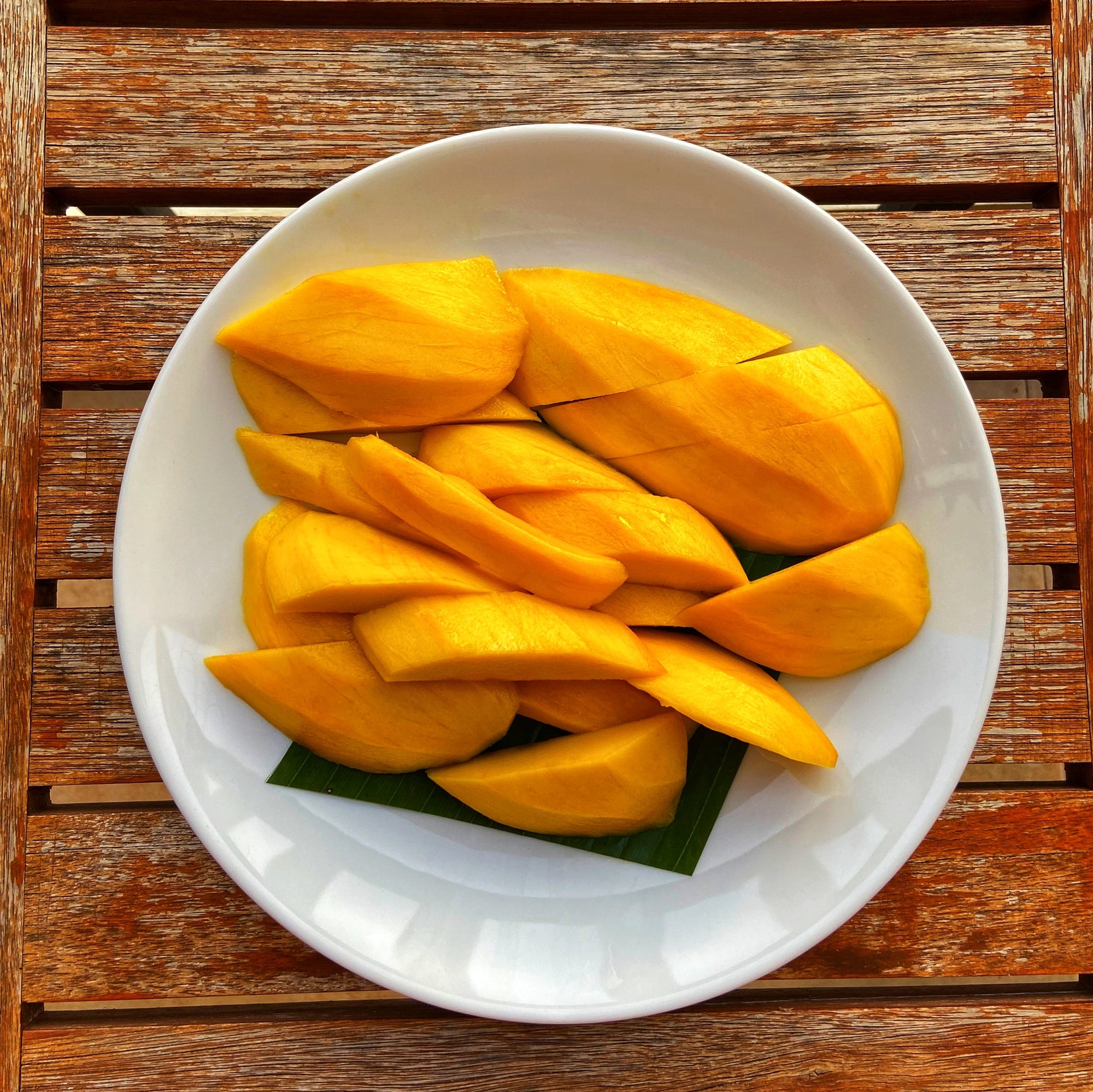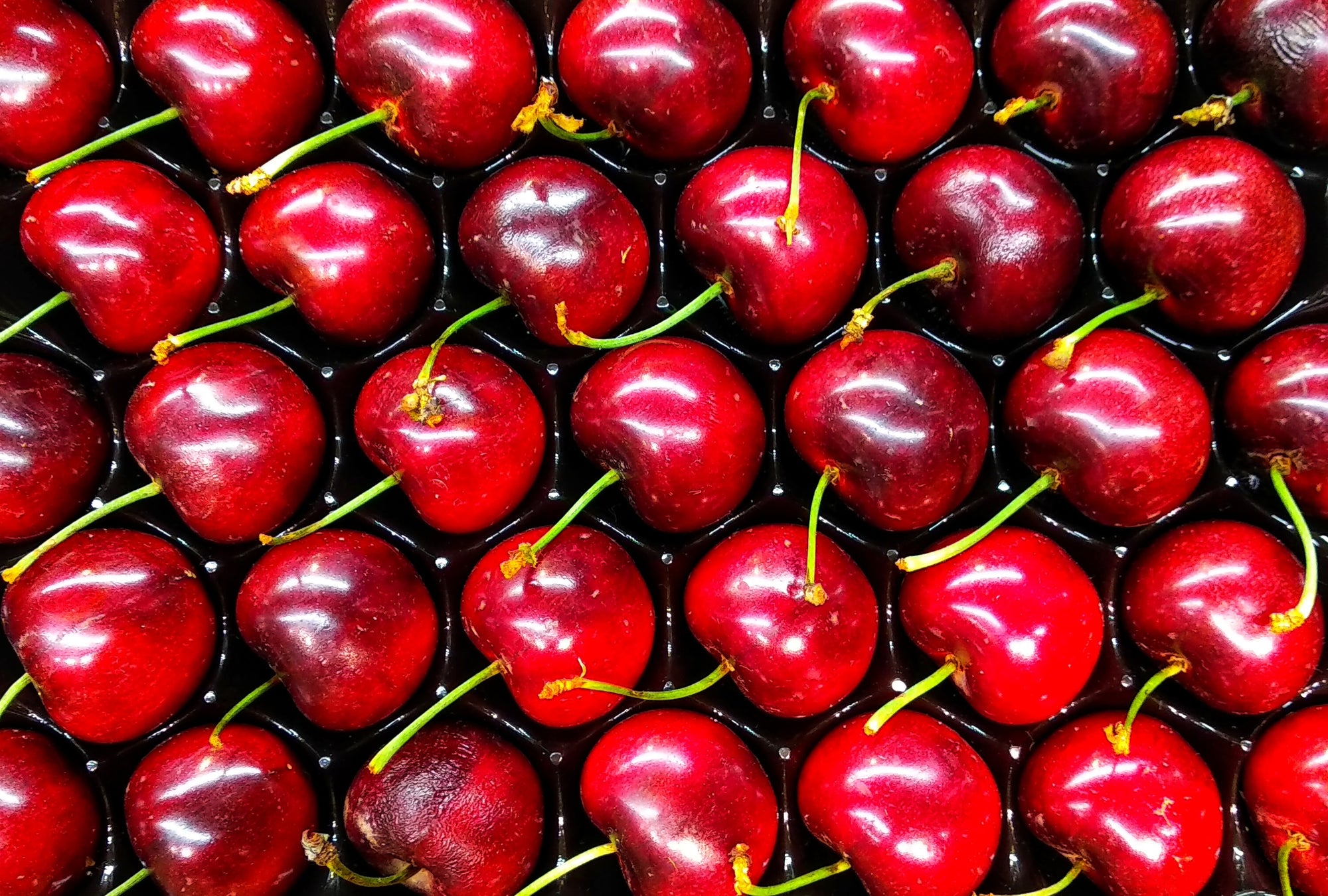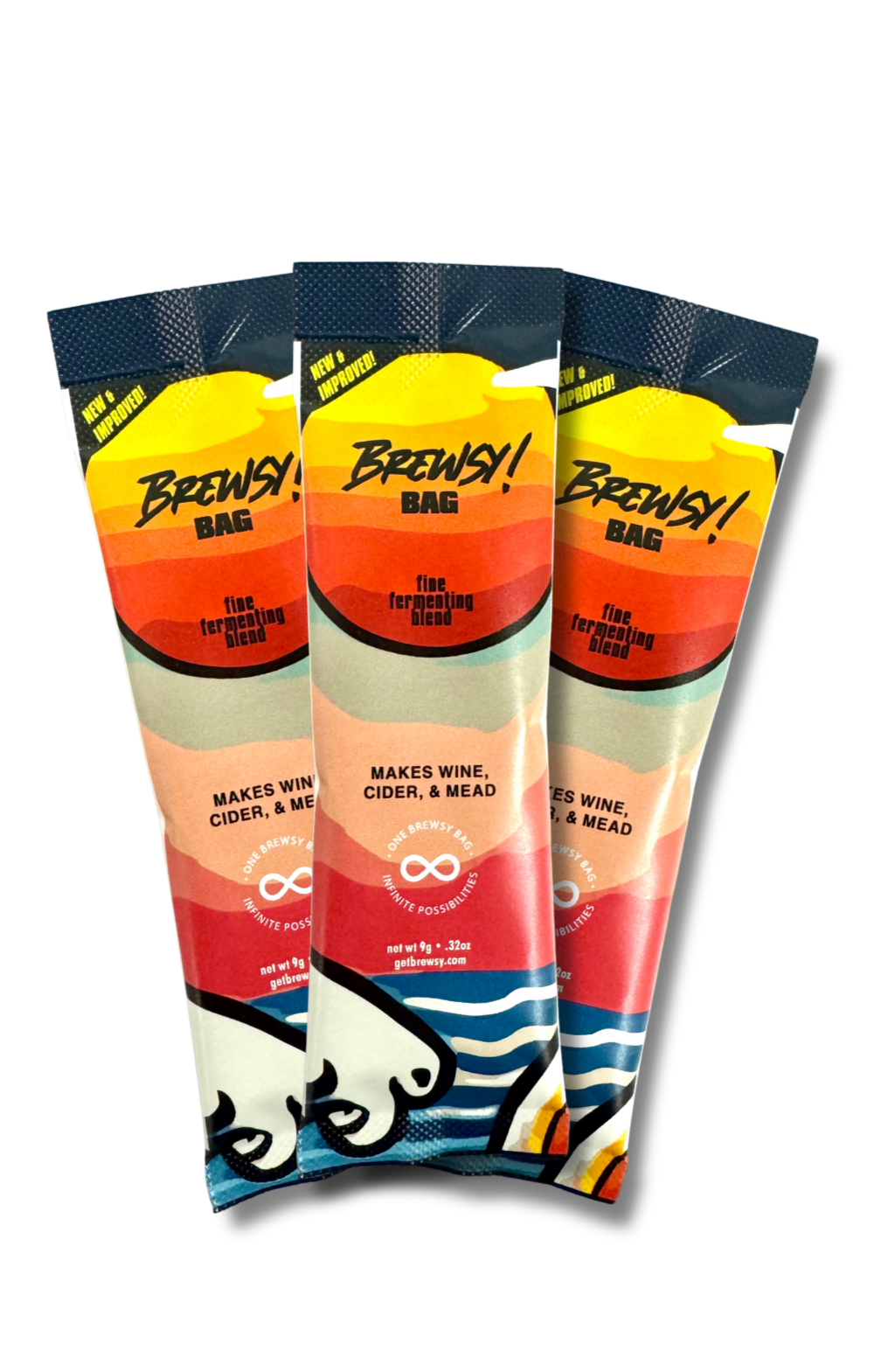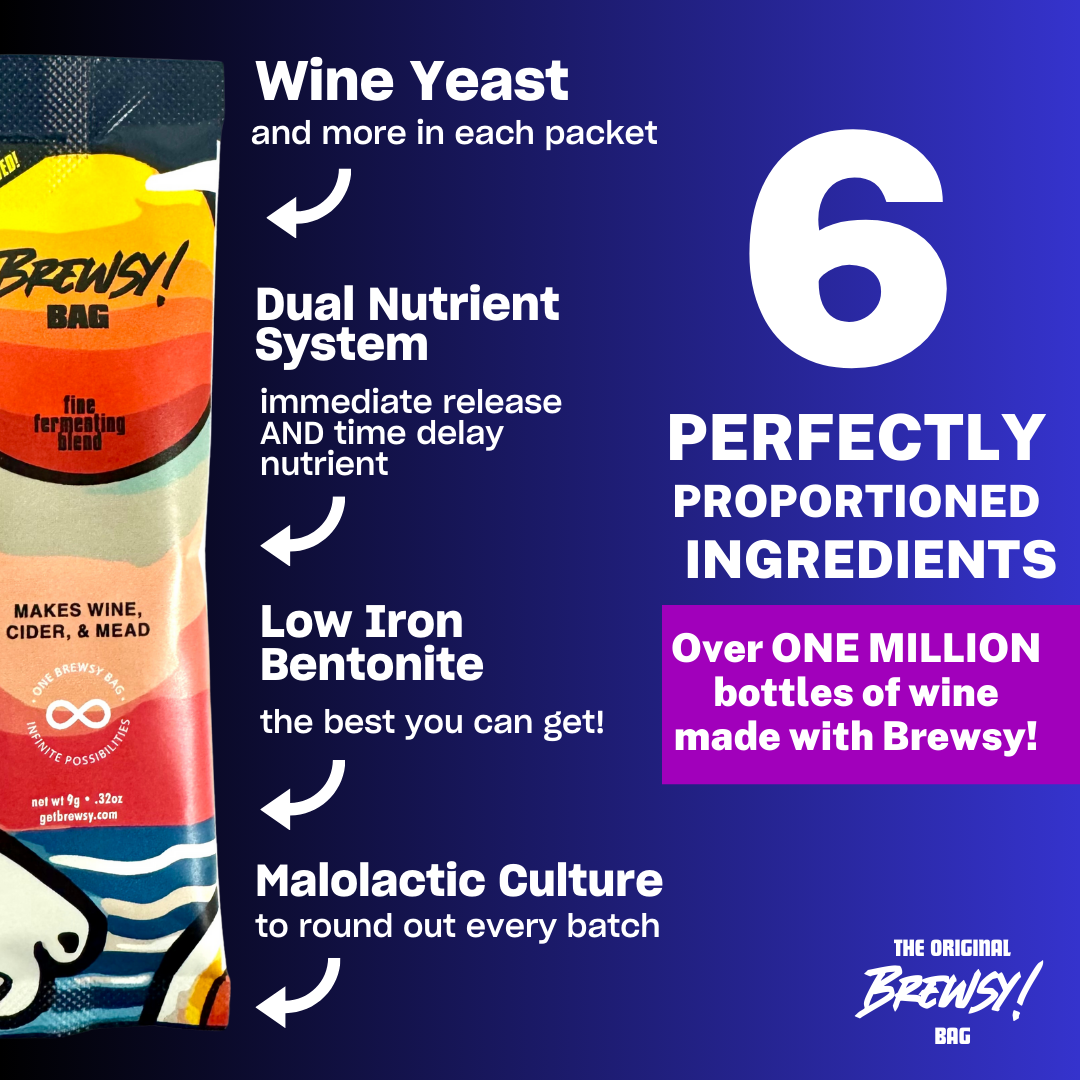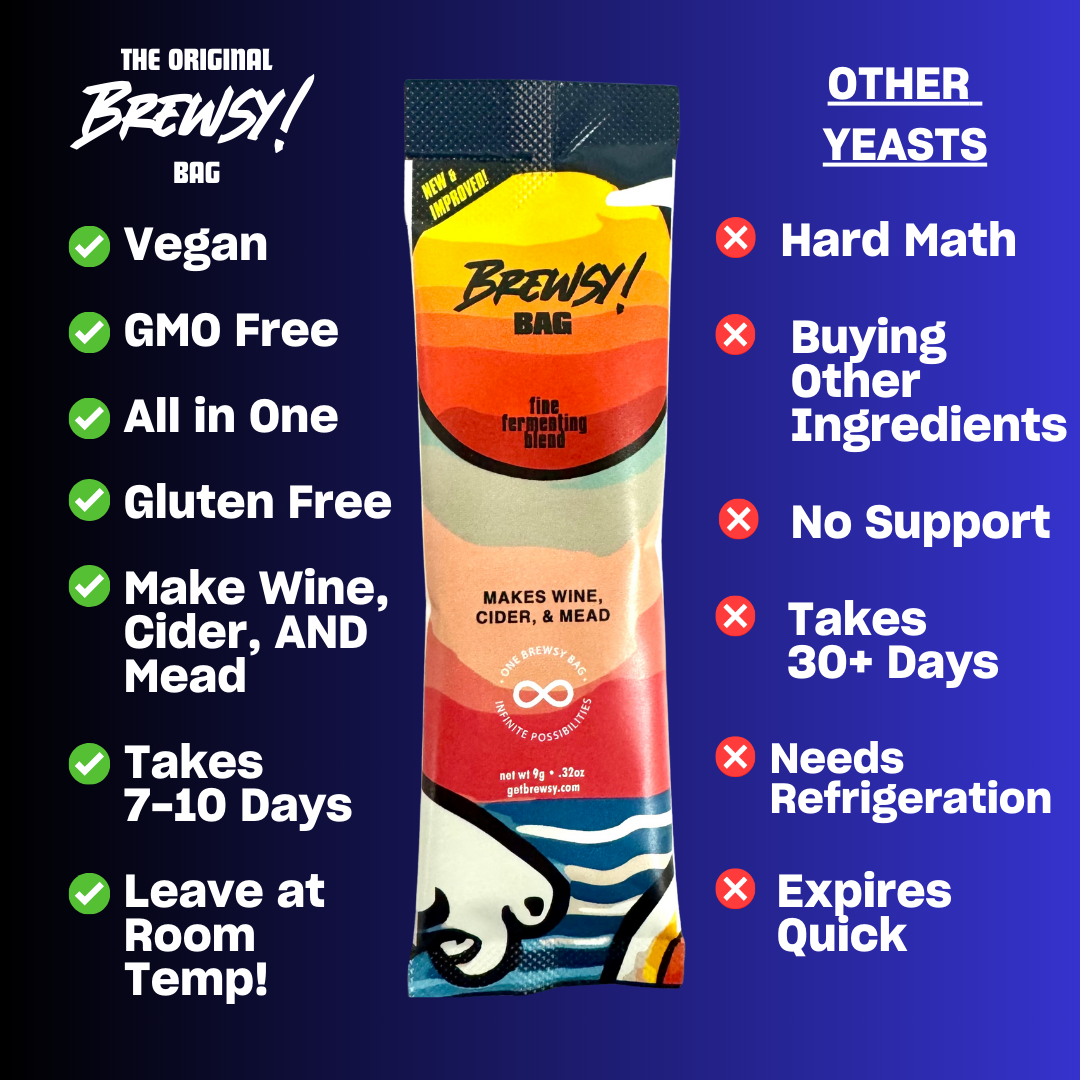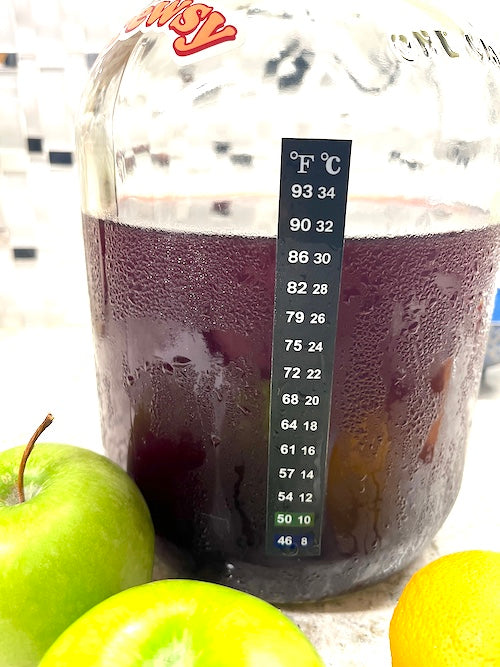
What Is a Meadery?
Just like wines are made in a winery, and beers are made in a brewery, mead has to be made somewhere in large quantities, and this is what a meadery is.
What is mead, anyway?
It is, perhaps, the oldest of fermented beverages going back thousands and thousands of years - literally from ancient times. It is a drink that is relatively simple in terms of ingredients: honey and water. Because it, traditionally, contains neither fruits nor grain, it is not a wine or a beer; it belongs to its own category. Owing to its simplicity, it is perhaps one of the reasons it became so popular in the days of old. If you have read or watched any medieval book, TV show or movie, you know it was popular during that era. It is even mentioned in the legend of King Arthur. Thus, it is a drink highly likely to be found in Renaissance fairs, but, to be fair, it is seeing a resurgence in popularity in this modern age.
So what is a meadery?
Eventually, with an ever-increasing number of people populating the planet, at some point, production had to be made en masse. These production facilities eventually became meaderies, locations where mead is made in large quantities to sate the people's thirst for mead. If you happen to be in Cornwall, UK, a meadery is also a restaurant that serves food and mead, and have a medieval ambiance. Game of Thrones in 2022, but without the bad stuff.
However, no two meaderies will produce the exact same product as honey varies greatly due to the flowers used by bees to create said honey. Different flowers will yield different flavors such as honey created from orange blossoms will result in an orange-y flavored honey. Even if two meaderies used honey created from the same type of flower, it would still most likely taste differently because of fermenting styles and durations, yeast used, fermentation environments, as well as the environment in which the flowers grew. Every tiny detail can alter the flavor.
Of course, along with traditional meaderies, like beer breweries, there are also craft meaderies which are smaller than than big-name meaderies and often focus on unique types meads which have flavored using fruits or spices, which, by definition, become melomel and metheglin, respectively. Others may delved into the world of regional meads, that is mead variations found in different parts of the world such as Finland's sima. Despite the growing popularity of mead, however, there are still only around 150 meaderies in the US, most of which are still commercially small and others are smaller still in the form home meaderies. Craft breweries, on the other hand, number in the thousands, roughly 4,000 of them across the country. Getting mead into a more mainstream view still remains a challenge.
While it is safe to say that a sudden surge of meaderies are not going to be popping around anytime soon, mead is still here to stay. As long as there is access to honey, mead will never go away.

